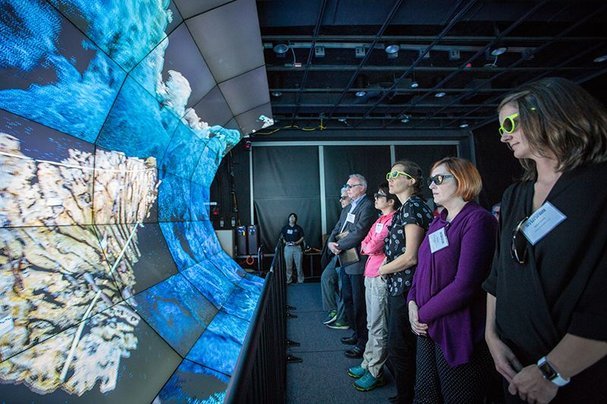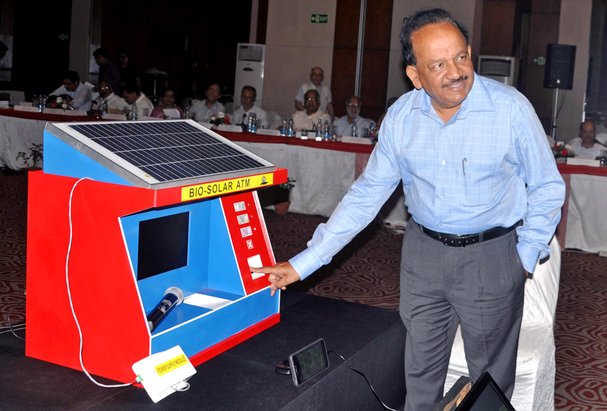Nature Index News [03/08/2018]
Gravitational pull
Interdisciplinary encounters across the geosciences are yielding new insights into the workings of Earth and beyond.
John Delaney is an oceanographer and marine geologist, but it’s not hard to get him riffing about the outer reaches of the solar system. He is eloquent on Jupiter’s moon Europa, with its ocean up to 150 kilometres deep underneath 10 to 15 kilometres of ice, and Saturn’s moon Enceladus, with its geysers of water and hydrogen at the south pole, for example.
More
Japan weighs the value of imported academics
Foreign faculty in Japan are less productive than their local counterparts on many measures, but better connected to global collaborations.
Most researchers agree that international faculty are an asset to their host countries. Many studies in the United States have found that international faculty are more academically productive than their local counterparts, especially in the hard sciences. But this is not the case in Japan.
More
Science career ads are disproportionately seen by men
Marketing algorithms prevent many women from seeing the advertising, even though it’s illegal to target jobs to one gender.
Women see fewer advertisements about entering into science and technology professions than men do. But it’s not because companies are preferentially targeting men—rather it appears to result from the economics of ad sales.
More
Indian translation pipeline in patent need of overhaul
Report recommends removing obstacles to the conversion of scientific research into products and services.
India needs a patent trust system, institutions to train academics in intellectual property rights, and a patents insurance scheme to improve its poor record on translating research into commercial applications, says a report from the Department of Science and Technology.
More
For the sake of science, it’s time to break ranks
Researchers call for a change in evaluation to recognise the importance of reproducibility.
Bibliometric indicators that reward scientists for publishing frequently in high-ranked journals — but not for making their methods accessible — are a major cause of the reproducibility crisis, researchers agreed at the latest EuroScience Open Forum (ESOF).
More





This post has received a 11.69 % upvote from @boomerang.
This post has received a 1.31 % upvote from @booster thanks to: @abdelhamidtsouli.
Sneaky Ninja Attack! You have just been defended with a 3.46% upvote!
I was summoned by @abdelhamidtsouli. I have done their bidding and now I will vanish...
woosh
A portion of the proceeds from your bid was used in support of youarehope and tarc.
Abuse Policy
Rules
How to use Sneaky Ninja
How it works
Victim of grumpycat?